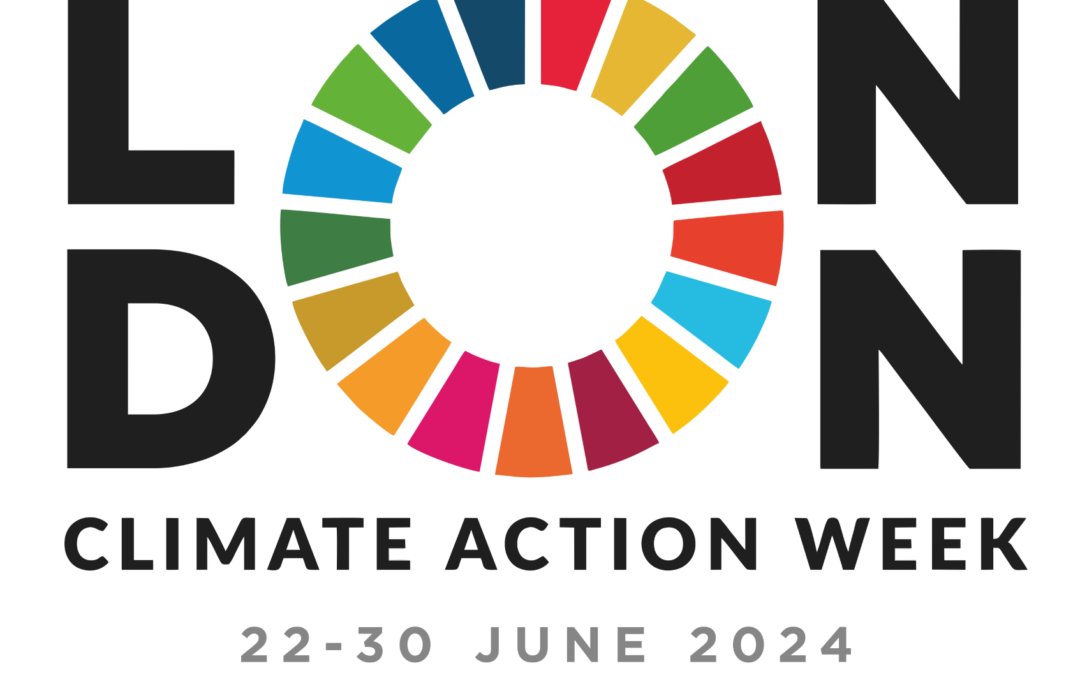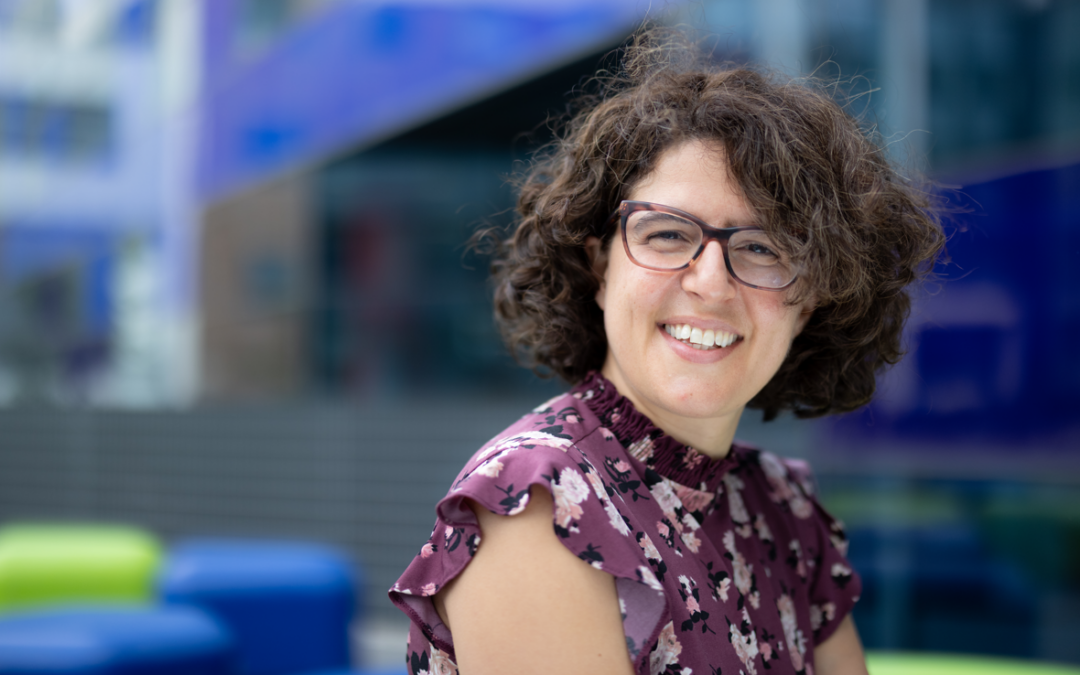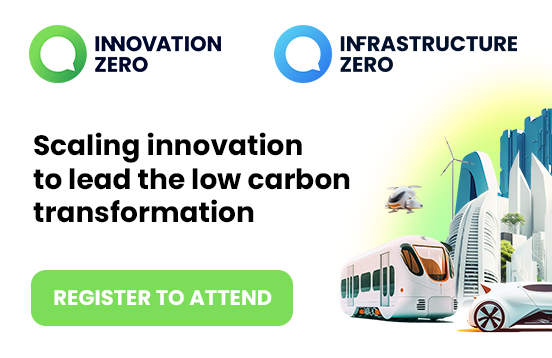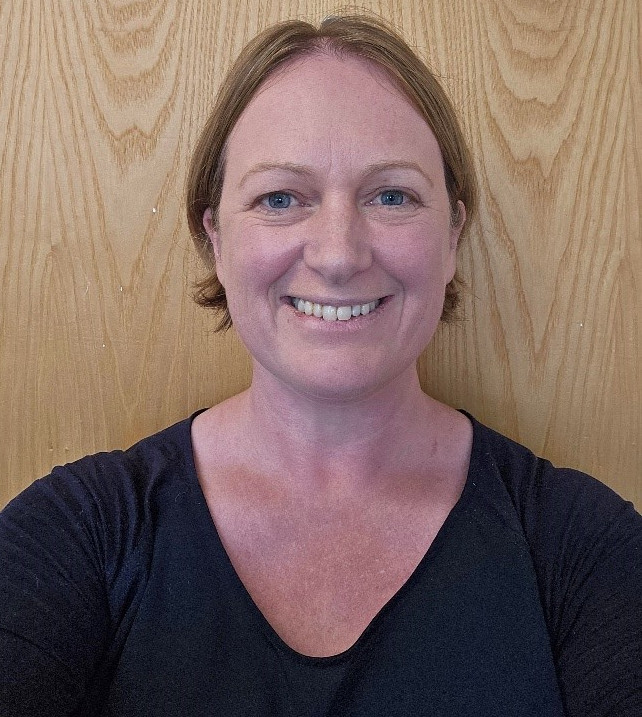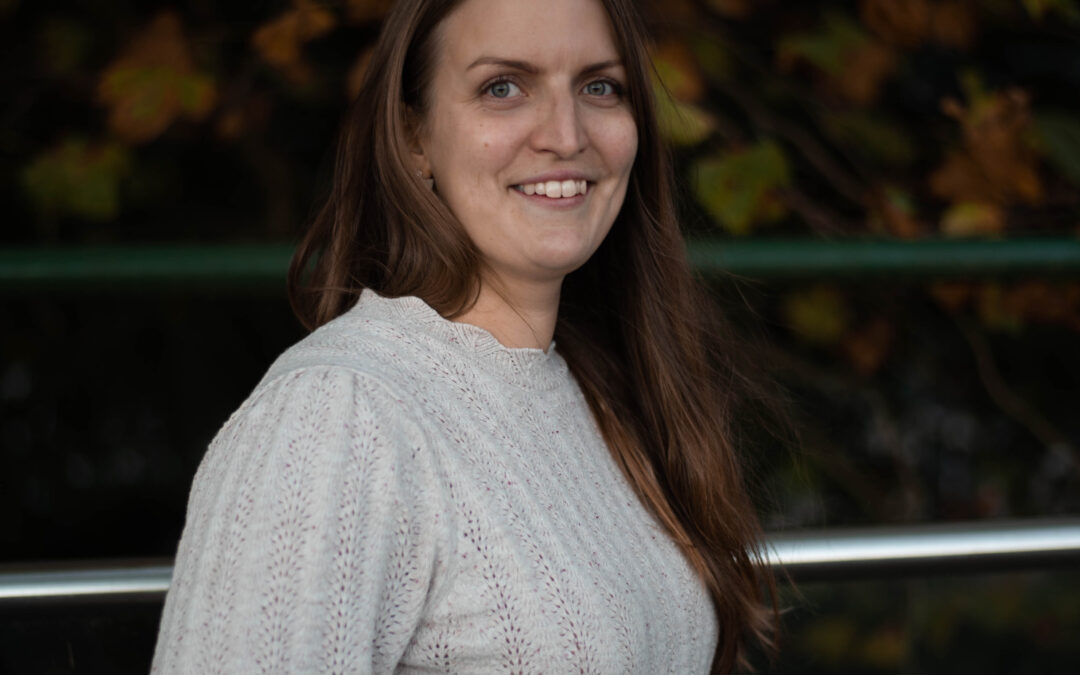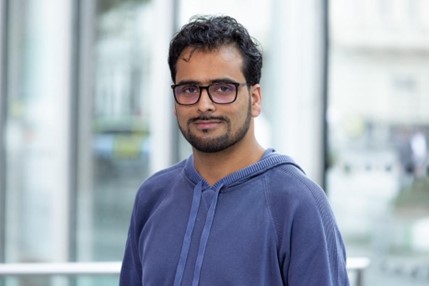
Climate risk
A project to define and communicate climate-related risk
About the project
To highlight the latest evidence and better equip experts, we carried out a major work programme on climate risk and its communication.
In August 2021, we awarded seven fellowships to 10 academics and practitioners with expertise in this topic. Our work programme included hosting the Climate Risk Summit, which brought together key experts for an in-depth examination of climate risk topics. Building on this event, our fellows created several resources, including final report a handbook, and a toolkit on climate risk communication.

Resources
Communicating Climate Risk: a handbook
By Climate Risk fellow Freya Roberts, with Kris De Meyer and Lucy Hubble Rose (UCL Climate Action Unit)
This is a practical guide to communicating climate risk, designed for those working at the interface of climate science and policy. It explains insights from psychology and neuroscience on how our brains engage with the idea of climate risk, it highlights journalism hacks for writing about risk clearly, it shares lessons learned from the authors’ experience working with policymakers on climate risk, and it offers a set of useful questions to help other researchers ascertain what policymakers need from climate risk research.
Contact the authors on Twitter @UCL_CAU or email climateactionunit@ucl.ac.uk for further information.
Download it here: Communicating Climate Risk: a handbook
Communicating Climate Risk: a toolkit
By Climate Risk fellows Jo Walton and Polina Levontin (AU4DM)
This resource seeks to narrow the gap between climate science and climate action, by providing insights, recommendations, and tools for all forms of climate-related communication and decision-making, and identifies open problems. It draws together best practice on the effective communication of climate information from across STEM, social sciences, and arts and humanities. The Toolkit builds on previous work by AU4DM and partly emerges from conversations at and around the COP26 Universities Network Climate Risk Summit, as well as survey questions shared with its participants.
Download it here: Communicating Climate Risk: a toolkit
Climate Risk Decision-making: translation of decision support into policy
By Erik Mackie (University of Cambridge), Irena L.C. Connon (University of Stirling), Mark Workman (Imperial College London), Alyssa Gilbert (Imperial College London), Emily Shuckburgh (University of Cambridge)
Why are the plethora of climate risk assessments and decision support tools available to decision-makers not always translating into effective policy action on climate risk? What are the challenges, complexities and uncertainties associated with this translational process, and how can we improve the research translation pipeline in order to achieve more effective decision-making on climate policy? These are some of the key questions that this report aims to address, through a combination of a literature review, case study assessment and input from Policy Workshops with stakeholders.
Download it here: Climate Risk Decision-making: Translation of Decision Support into Policy
Briefings
We coordinate and publish briefing papers to share evidence on key climate change topics, written by more than 100 authors from across our member universities.

Latest news
UUCN panel event for London Climate Action Week
The UUCN is hosting a panel event at London Climate Action Week 2024! Join us on Tuesday 25 June, 4:00 – 5:30pm at the Royal Institution. As a hub for knowledge, training, and innovation, the academic sector is at the forefront of climate action – advancing solutions, transferring expertise and empowering new generations of climate […]
Climate innovation: what role can universities play?
Ahead of Innovation Zero, UUCN co-chair Alyssa Gilbert shares her perspective on the importance of universities in climate innovation.
Member blog: Climate action is for all, not just the wealthy
In this blog, Hettie Moorcroft, Sam Hampton & Lorraine Whitmarsh from the University of Bath discuss misconceptions around concern about climate change, income level, and ability to take action. There is growing evidence that social and economic transformation is required to limit the worst impacts of climate change. While there exists a common misconception that […]
Announcing our partnership with Innovation Zero 2024!
The UUCN will be hosting a panel event at Innovation Zero 2024. Our panel will be focused on universities as hubs for climate innovation. It will provide insights into how UK universities are supporting climate innovators already and how they may do more in the future. You’ll hear from a climate start up, researchers and university […]
Blog: Reflections from the Higher Education Networks Roundtable at COP28
Ruth Jihyung Joo is a Knowledge Exchange Fellow at the University of Leeds. In this blog, she reflects on her experience attending a roundtable event for higher education networks at COP28. COP28 marks a step forward in climate finance to address the financial imbalance between poor countries, which suffer from climate change, and wealthy countries […]
Blog: Climate change education and skills at COP28
Dr Tess O’Hara is a Lecturer in Engineering Hydrogeology at Newcastle University. In this blog, she reflects on discussions at COP28 with Baroness Barran, Parliamentary Under Secretary of State (Minister for the School System and Student Finance) and Professor Sir Steve Smith (UK Government’s International Education Champion) about climate change education in the UK. 8 […]
Blog: Coastal Nature-based Solutions for climate change adaptation and mitigation
Elina Apine is a Research Associate in the School of Geography and Sustainable Development at the University of St Andrews. In this blog, she discusses benefits of nature-based solutions for mitigation, adaptation, and conservation. Nature-based Solutions (NbS) have been at the forefront of climate change adaptation and mitigation discussions for the last few years. The […]
Blog: Technology innovation and inclusion: can a hydrogen economy be inclusive?
Mudasir Yatoo is a Research Associate at Imperial College in London. In this blog ,presents the case for the rich advanced countries making their new hydrogen technologies freely available to the poorer regions of the world.
Blog: Climate change and migration: Navigating choices for a sustainable future
Sarah Redicker is a postdoctoral Research Associate at the University of Exeter. In this blog, she presents the viewpoint that rather than viewing migration as a last resort, we should actively align our efforts to maintain habitable places and provide people with choices.
Blog: Gender-inclusive climate action: empowering change at COP28
Zulfia Abawe is a Lecturer in Global Business at the University of South Wales. In this blog, she discusses the importance of advancing gender inclusive climate solutions at COP28. The 28th United Nations Framework Convention on Climate Change Conference of the Parties (COP28) is an unparalleled platform where global leaders unite to confront the dire […]
